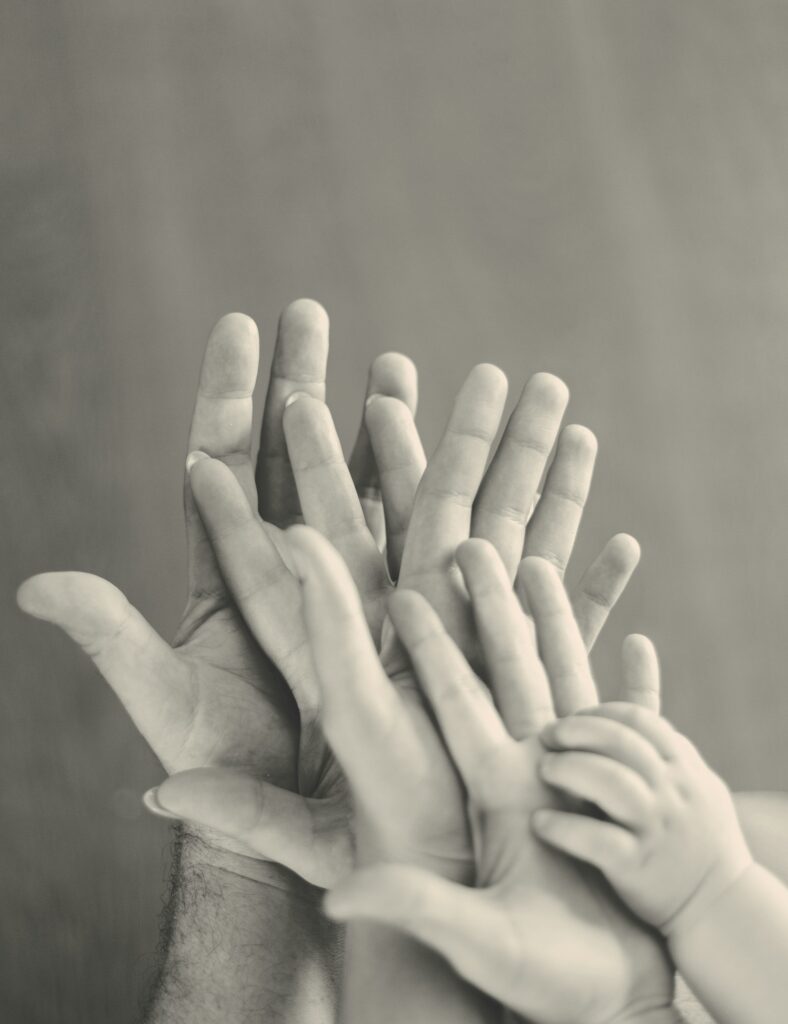EECERA Conference 2025 – Guest Blog # 7: Supporting Development Through Everyday Moments
Posted 5th August 2025
One of a series of short blog posts by presenters who will be sharing their work at the upcoming annual conference in Bratislava, Slovakia. Any views expressed in this post are those of the author(s) and do not necessarily reflect the official stance of their affiliated institution or EECERA.
Supporting Development Through Everyday Moments: Embedding Early Childhood Intervention (ECI) in Family Routines
By Dr. Blerta Perolli Shehu – Faculty of Education, University of Prishtina

Photo by Ricardo Moura on Unsplash
Early Childhood Intervention (ECI) has the potential to transform developmental trajectories for children with disabilities or developmental delays—especially when these interventions are embedded not in clinics or centers, but in the natural routines of a child’s daily life. Our latest research explores how a family-centered, routine-based ECI model can provide effective, scalable support for young children in Kosovo.
Together with a multidisciplinary team from UNICEF, Georgetown University, and colleagues in Kosovo, we piloted an ECI demonstration project involving 30 families. The intervention was based on an established framework: support is delivered by trained specialists within daily routines—such as mealtime, dressing, or play—empowering caregivers to become active partners in their child’s development.
We used a repeated-measures design to capture progress at three time points: before, during, and after the intervention. What we found was both statistically significant and emotionally resonant. Families reported increased confidence, deeper engagement, and noticeable developmental gains in their children—especially in communication, engagement, and self-help skills. Embedding ECI in everyday routines helped reduce stress, strengthen parent-child bonds, and foster learning in meaningful, functional ways.
The broader goal of this research is to support the national development of a sustainable ECI system in Kosovo. Too often, early interventions are fragmented, underfunded, or overly medicalized. Our work promotes a shift toward bio-psychosocial, inclusive, and rights-based models of developmental support—where families are not passive recipients, but co-creators of their child’s learning journey.
This presentation at EECERA 2025 is part of a growing conversation about the future of inclusive education systems and what it means to provide early intervention that is not only evidence-based but also human-centered. My role as a policy advisor, academic leader, and evaluator has allowed me to bridge research and action—and this study reflects that ongoing commitment.
About the author:
Dr. Blerta Perolli Shehu is an Assistant Professor and Vice Dean for Science and Development at the Faculty of Education, University of Prishtina. With over 20 years of experience in early childhood education, inclusive pedagogy, and child development policy, she leads national reforms in Kosovo and contributes to global research on ECE and family-centered intervention systems.
Dr. Blerta Perolli Shehu will present work referred to in this blog in Symposium Set F (Wednesday, the 27th of August). (Schedule liable to change; please refer to final programme for details).
